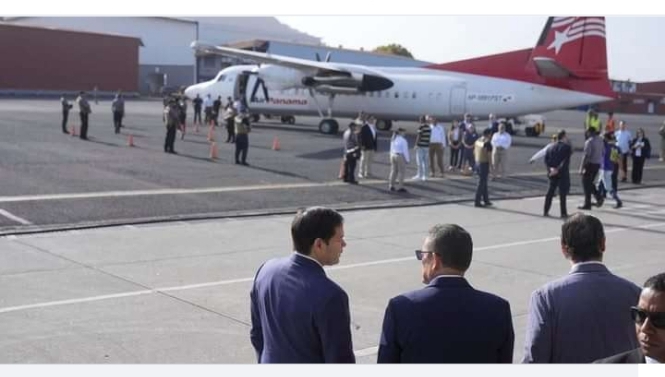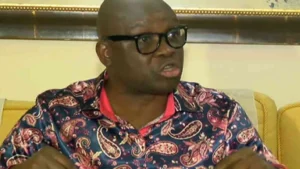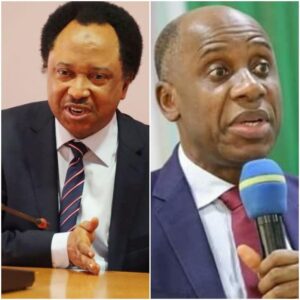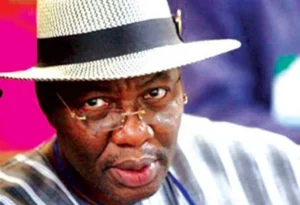The U.S. has begun deporting migrants from Africa and Asia to Panama as part of a new agreement.
This move is a major step in the Trump administration’s efforts to enforce stricter immigration policies.
On Wednesday, a U.S. military flight transported Asian migrants from the U.S. to Panama. This was the first known deportation of its kind under the Trump administration.
The group included men, women, and children from countries such as Afghanistan, China, India, Iran, and Uzbekistan.
Another flight scheduled for Thursday was expected to carry more migrants from Asia, along with some African migrants, including people from Cameroon.
Panama’s foreign ministry confirmed it received 119 deported migrants on Wednesday. The group included individuals from Afghanistan, China, India, Iran, Nepal, Pakistan, Sri Lanka, Turkey, Uzbekistan, and Vietnam. The U.S. government is covering the costs of these deportations.
The agreement is a major diplomatic success for the Trump administration, which has struggled to deport migrants from distant countries in Africa and Asia. Many governments in those regions have resisted accepting deported citizens.
The U.S. is also working with other Central American countries to accept deported migrants who are not from their nations.
El Salvador and Guatemala have already agreed to receive deportees. El Salvador’s president has even offered to detain members of a Venezuelan gang who are sent back.
There have been discussions about expanding these agreements further, including the possibility of sending migrants to Guyana. However, no official deal has been reached yet
Panama has faced its own challenges with migration. The Darién Gap, a dangerous jungle between Panama and Colombia, has become a key route for migrants traveling to the U.S.
In 2023, more than 500,000 migrants crossed the Darién jungle, mostly from Venezuela. The number dropped to over 300,000 in 2024, but it remains a major issue for Panama.
This new deportation deal strengthens U.S.-Panama relations, though some political tensions remain. While the U.S. has expressed interest in regaining control of the Panama Canal, Panama’s government has rejected the idea.
For now, the U.S. continues to push its deportation policies, and Panama has agreed to play a role in handling migrants from other regions.







